Input interpretation

phosphorus(III) iodide
Chemical names and formulas
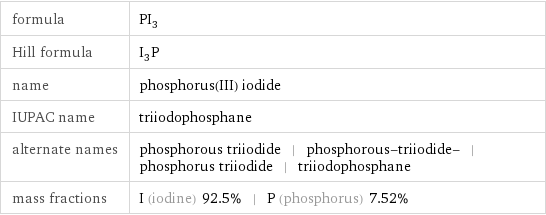
formula | PI_3 Hill formula | I_3P name | phosphorus(III) iodide IUPAC name | triiodophosphane alternate names | phosphorous triiodide | phosphorous-triiodide- | phosphorus triiodide | triiodophosphane mass fractions | I (iodine) 92.5% | P (phosphorus) 7.52%
Lewis structure
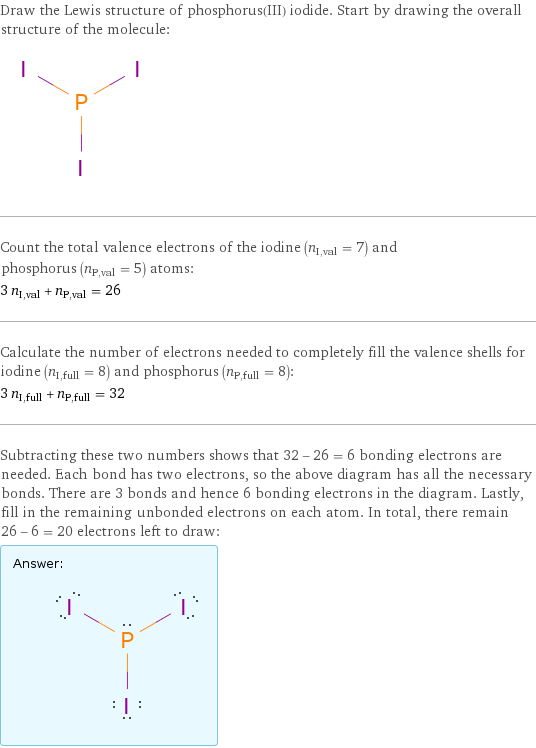
Draw the Lewis structure of phosphorus(III) iodide. Start by drawing the overall structure of the molecule: Count the total valence electrons of the iodine (n_I, val = 7) and phosphorus (n_P, val = 5) atoms: 3 n_I, val + n_P, val = 26 Calculate the number of electrons needed to completely fill the valence shells for iodine (n_I, full = 8) and phosphorus (n_P, full = 8): 3 n_I, full + n_P, full = 32 Subtracting these two numbers shows that 32 - 26 = 6 bonding electrons are needed. Each bond has two electrons, so the above diagram has all the necessary bonds. There are 3 bonds and hence 6 bonding electrons in the diagram. Lastly, fill in the remaining unbonded electrons on each atom. In total, there remain 26 - 6 = 20 electrons left to draw: Answer: | |
3D structure
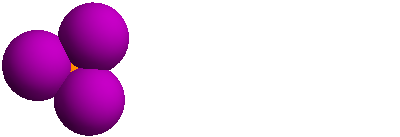
3D structure
Basic properties
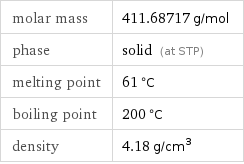
molar mass | 411.68717 g/mol phase | solid (at STP) melting point | 61 °C boiling point | 200 °C density | 4.18 g/cm^3
Units

Solid properties (at STP)

density | 4.18 g/cm^3
Units

Thermodynamic properties
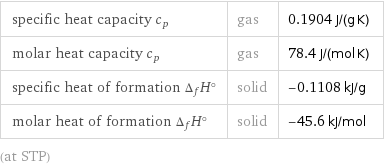
specific heat capacity c_p | gas | 0.1904 J/(g K) molar heat capacity c_p | gas | 78.4 J/(mol K) specific heat of formation Δ_fH° | solid | -0.1108 kJ/g molar heat of formation Δ_fH° | solid | -45.6 kJ/mol (at STP)
Chemical identifiers
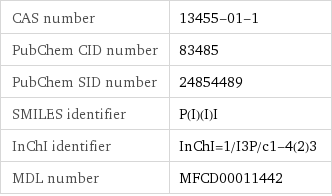
CAS number | 13455-01-1 PubChem CID number | 83485 PubChem SID number | 24854489 SMILES identifier | P(I)(I)I InChI identifier | InChI=1/I3P/c1-4(2)3 MDL number | MFCD00011442
NFPA label

NFPA label
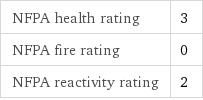
NFPA health rating | 3 NFPA fire rating | 0 NFPA reactivity rating | 2